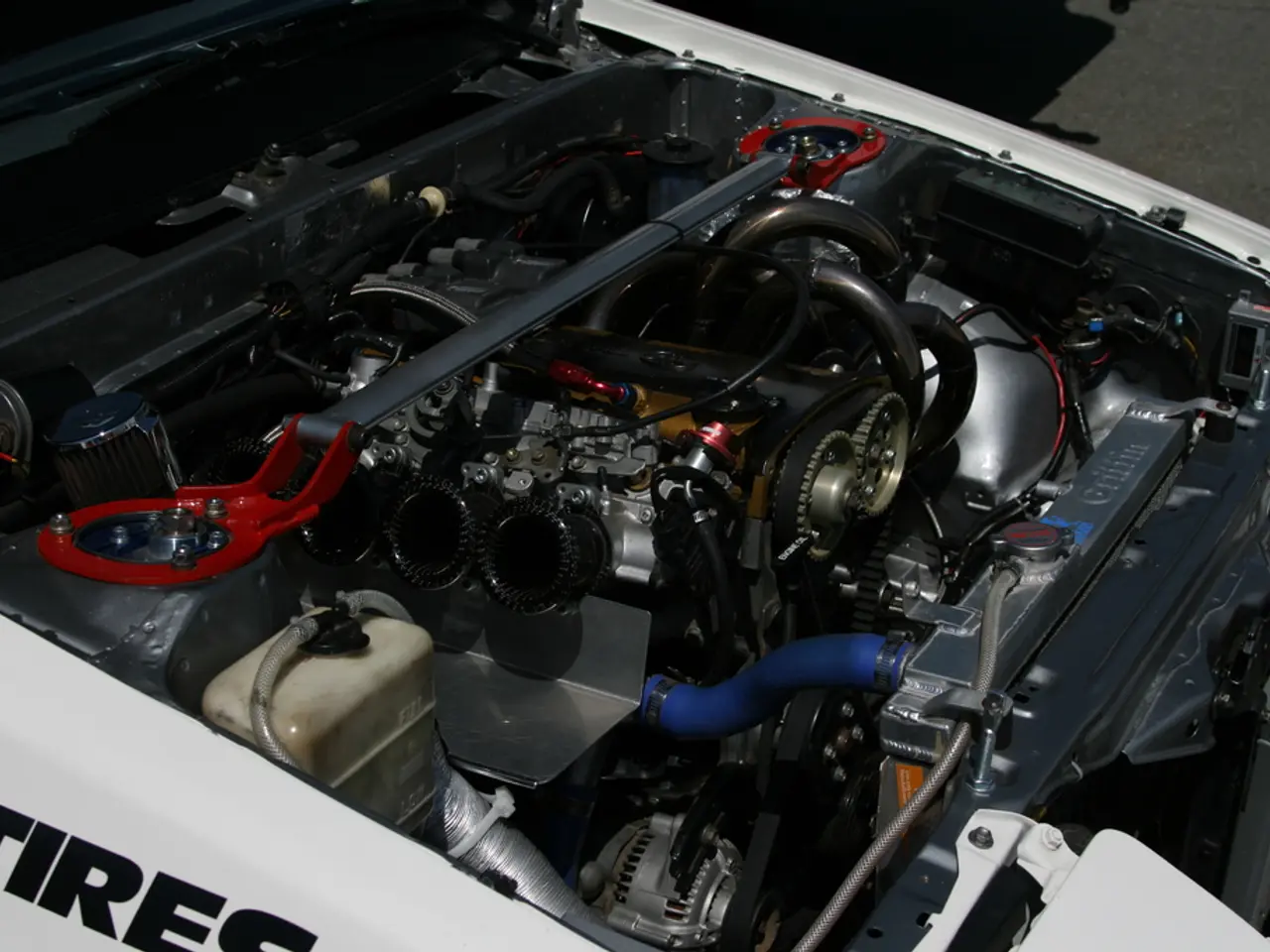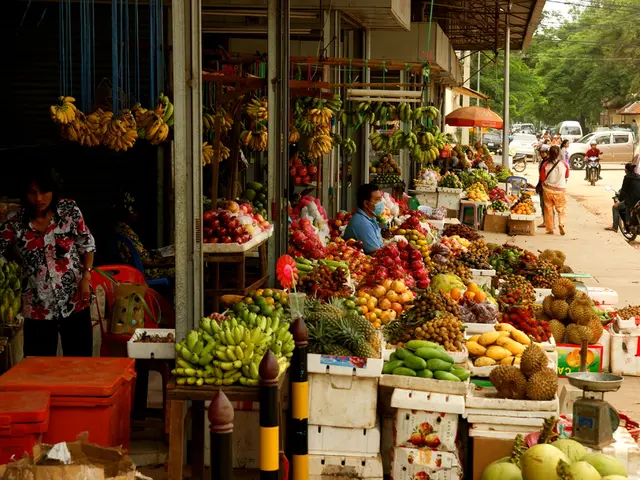Lithium-ion battery market trends in 2021: Exploring how the escalating demand and production impact the automotive sector
In the rapidly evolving world of electric vehicles (EVs), the race for battery supremacy is heating up. A new report, jointly released by The Automotive Logistics, GEFCO, and ABB, sheds light on this competitive landscape.
The report analyzes key battery cell companies including Panasonic, Dynavolt, Farasis, BAK, Envision AESC, Samsung SDI, SK Innovation, Guoxuan, CATL, SVOLT, SAFT, LG Energy Solution, Northvolt, Primearth EV, BYD, Tesla, and many more. It delves into the raw material and mineral suppliers for lithium-ion batteries, focusing on lithium, cobalt, nickel, and manganese.
Moreover, the report examines component suppliers for lithium-ion batteries, such as cathodes materials, anodes, electrolytes, separators, battery management systems (BMS), thermal management systems (TMS), and battery pack cases. The rise in demand and production for lithium-ion batteries is leading to the emergence of major players like LG Energy Solution, SK Innovation, CATL, and Panasonic, alongside startup EV battery players like Northvolt, Farasis, SVOLT, and others.
The report also discusses disruptive technologies including solid-state batteries, sodium-ion, and alternatives for high energy density. Electric vehicle sales and production are experiencing double-digit annual growth and are expected to continue accelerating over the next decade.
Demand for EVs has risen faster than predicted before the Covid-19 pandemic, causing tightened supply and increased costs of materials like lithium and cobalt. To address this, OEMs are diversifying their suppliers and ramping up production of lithium-ion batteries. Some are even looking to the Tesla and Panasonic model of joint venture lithium battery production or even looking to in-house lithium mining and gigafactory operations.
The report includes forecasts of global and regional demand for lithium-ion batteries, analysis of major and emerging lithium-ion battery suppliers, and insights into manufacturing and sourcing strategies for EV batteries. It also provides information on automotive battery re-use and recycling companies.
Lithium-ion battery technology is critical for improving the driving range and reducing costs of EVs compared to gasoline-powered vehicles. In response, vehicle manufacturers and lithium cell suppliers are planning battery plants that will be larger than the current largest global gigafactory, the Tesla Gigafactory 1 in Nevada.
There is an explosion of investment and planned capacity in the supply chain for lithium-ion batteries. Companies such as CATL, LG Energy Solution, and Panasonic have recently invested billions of dollars to secure lithium-ion battery production and supply, diversify suppliers, and expand lithium-ion battery and battery pack production.
ABB, a leading global technology company focusing on energizing the transformation of society and industry to achieve a more productive, sustainable future, and ABB Robotics & Discrete Automation, a pioneer in robotics, machine automation, and digital services, provide innovative solutions for various industries in this context. GEFCO, with its 70-year history in automotive logistics, maintains a presence in 45 countries, employing 13,000 people and boasting a turnover of €4.4 billion ($5 billion).
Developing a robust and flexible EV battery supply chain will be a competitive advantage in the race for vehicle electrification. This comprehensive report offers valuable insights into this dynamic and crucial sector.
Read also:
- Latest Edition of Bus-News Magazine Arrives for 2023!
- EV and Charging Technologies will see broader horizons at SINBON's Battery Show in 2025, as the event aims to push boundaries.
- Revival of XRP sparks tokenization of RWA, green cloud-based mining
- Two contracts for electrolyzers with a capacity of 100 MW each have been signed between ITM Power and Linde Engineering.








